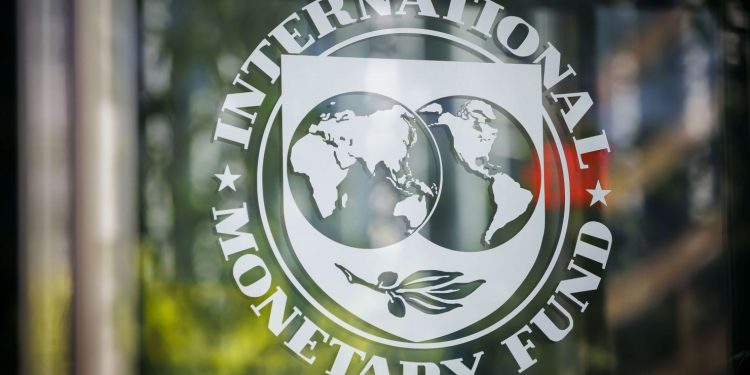The International Monetary Fund (IMF) has cautioned that economic policies proposed by incoming U.S. President Donald Trump could trigger significant global disruption. The organization highlighted concerns over threatened tariffs, tax cuts, and deregulation, which might initially boost the U.S. economy but carry long-term risks.
The IMF warned that tariffs and trade tensions could reduce investment, distort global trade flows, and disrupt supply chains. Proposed measures, such as imposing 100% tariffs on BRICS nations if they create a rival currency to the U.S. dollar, were flagged as potentially destabilizing.
While the policies might create a short-term economic boost, the IMF predicted they could lead to an inflationary boom followed by a bust, undermining the role of U.S. Treasury bonds as a global safe asset. Excessive deregulation was also cited as a risk, potentially driving the dollar to unsustainable levels, drawing investment away from emerging markets, and depressing global growth.
Additionally, the IMF noted that Trump’s proposed mass deportations of illegal immigrants could reduce the U.S.’s long-term economic output and increase inflation.
The organization forecasted global economic growth at 3.3% for both 2025 and 2026, below the historical average of 3.7%. It attributed this slower growth to weaker performance in major economies, partially offset by higher U.S. growth. However, the IMF warned that drastic policy shifts could destabilize both the U.S. and global economies.
IMF Chief Economist Pierre-Olivier Gourinchas expressed hope that the global economy might stabilize after years of disruption from the pandemic and Russia’s invasion of Ukraine. However, he urged Trump’s team to avoid policies that could derail recovery.
Despite the risks, the IMF projected the U.S. to remain the fastest-growing G7 economy, with growth of 2.7% in 2025 and 2.1% in 2026—forecasts based on Biden-era policies. The IMF stressed that stability hinges on resisting drastic economic policy changes.










